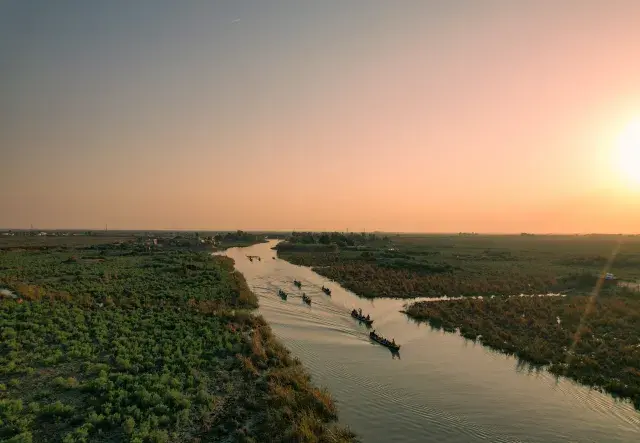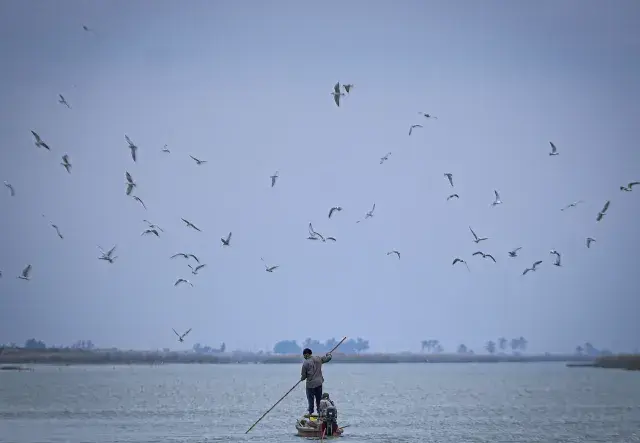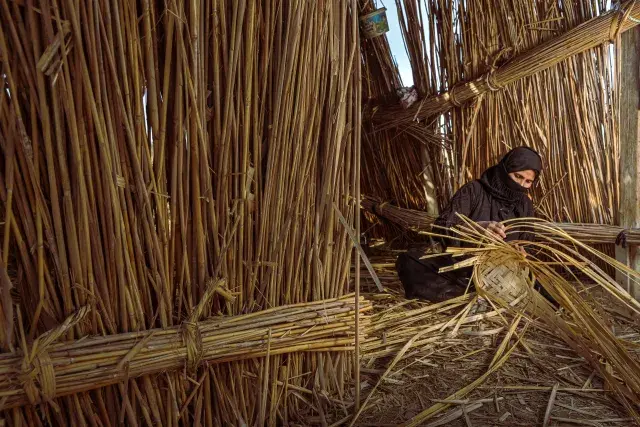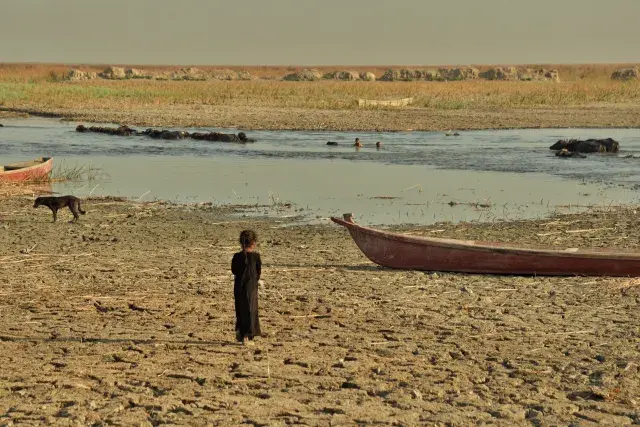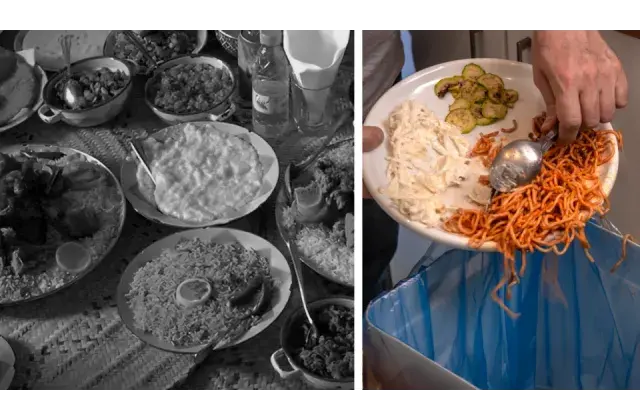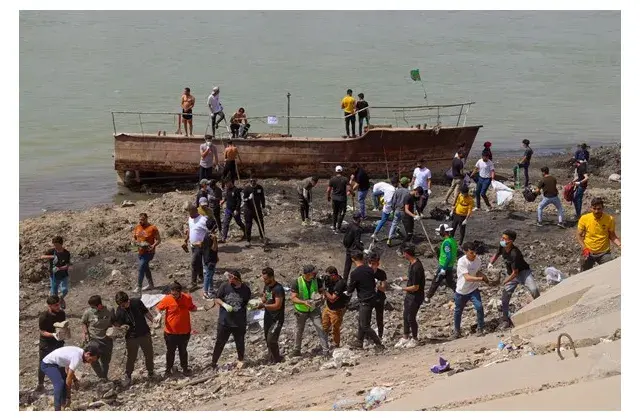Introduction
Hasna, or as she is known locally, Umm Shahed, faces a precarious financial situation after successive droughts on the Hawizeh Marshes in Southern Iraq. Severe droughts have forced her husband, Abu Shahed, to abandon his traditional trade of freshwater fishing, which had previously provided for the family, and turned to agricultural work. Abu Shahed tends to a plot of land near his house where he cultivates wheat that he sells to the Iraqi state. However, the recent expansion of oil companies’ operations in the region have infringed on Abu Shahed’s land, for which he received some token compensation.
The multiple economic, social and environmental pressures that Umm Shahed’s family face are not unusual among the Arab marsh communities of southern Iraq. Long subject to oppression under the regime of Saddam Hussein, the region has a history of outward migration which has seen the marsh Arabs population decline from some half a million in the 1950s to around 40,000 at the beginning of the 21st century. It has been argued that the Hussein regime’s policies of draining and destroying the marshes was tantamount to ecocide, and used the destruction of the natural environment as a tool of repression against its local inhabitants.
After the American occupation of Iraq in 2003, there were attempts to restore the marshes and the livelihoods of its inhabitants, and while the overt repression of the Hussein era may have ended its people are faced with new pressures. Notably, and as Umm Shahed’s words attest to, marsh Arabs face the interlinked pressures of climate change, the operations of multinational oil companies, and an indifferent (and silent) state. For Umm Shahed’s family, these pressures were experienced as the constant demand to migrate, whether for employment, health, welfare or security. Indeed, it seems likely that climate change will make the Middle East and North Africa a hotspot for climate change migration.
What, then, are the kinds of policies that might allow the marsh Arabs to remain on the marshes and prevent mass climate and economic migration? The Iraq environmentalist activist, Jassim Al-Assadi, who was recently kidnapped and tortured as a result of his environmental work, discussed with “Ouraq” what would alleviate the situation for the marshes illtreated communities. ‘In order to help the marsh Arabs survive,’ Al-Assadi noted to “OURAQ”, ‘buffalo breeders must be supported with low-cost fodder, drinking water and infrastructure (schools and health clinics).’ Al-Assadi added that, ‘improvements in the living situation might come through support for the milk and cheese industry, which is a key source of livelihoods for many farmers, widening water channels that link marsh villages with neighbouring areas, and providing a minimum level of water to protect ecological diversity.’ Adding to Al-Assadi’s suggestions, civic education and job creation in the environmental and sustainable sectors will improve local communities’ knowledge of their environmental and economic rights, while simultaneously improving the marshes ecological sustainability.
The marshes are a complex ecosystem that combines human, environmental and ecological factors. While climate change has perhaps irreversibly interrupted the balance that existed prior to the Anthropocene, it may be possible to nurture new, mutually beneficial human-environment relations. In recent years, groups such as the Marshes Advocated Network, Humat Dijlah (Guardians of the Tigris) and Humat al-Forat (Guardians of the Euphrates) have pointed the way in how locally-based activist and civil society networks might mobilize around environmental issues. These campaigns have instigated public discussions, local initiatives and voluntary campaigns to raise awareness around water scarcity along both rivers. Such groups have been instrumental in developing mitigation and adaptation strategies that are sensitive to the needs of local communities and engage with water insecurity at the local level.
If families such as Umm Shahed’s are to remain on the marshes of Southern Iraq, it is crucial that policies are implemented that are sensitive to the intersection of environmental and economic insecurity in the region. Marsh Arabs experience environmental vulnerability in terms of their historic political and economic powerlessness. Mitigation and adaptation policies must therefore begin from engagement with, and empowerment of, local communities. It is only then that effective policies might be implemented that equip people such as Umm Shahed with the tools that will allow them to carve out a dignified livelihood in spite of climate change.
Author: Achref Chibani
This article was written by Achref Chibani and is licensed under CC BY-NC 4.0.

